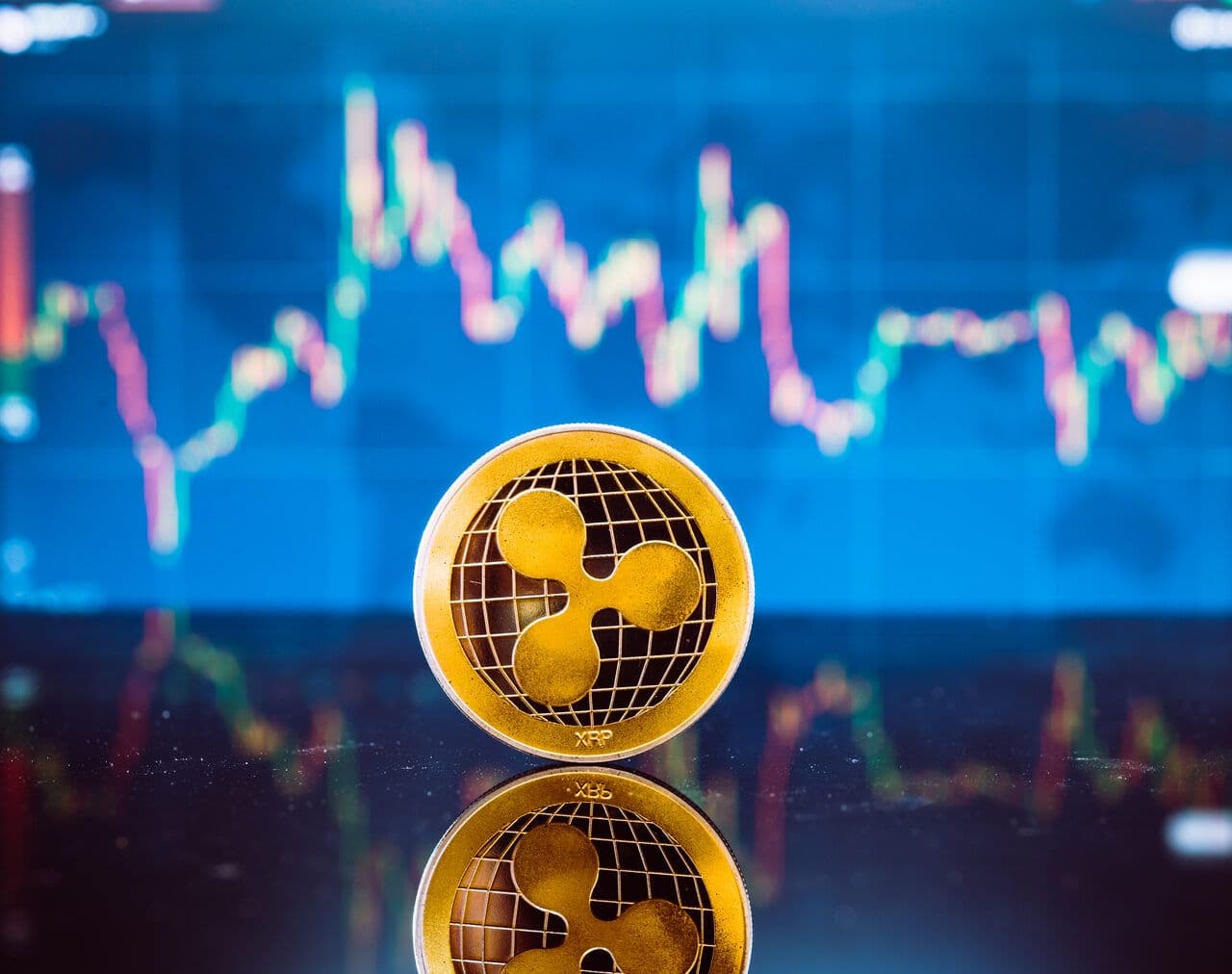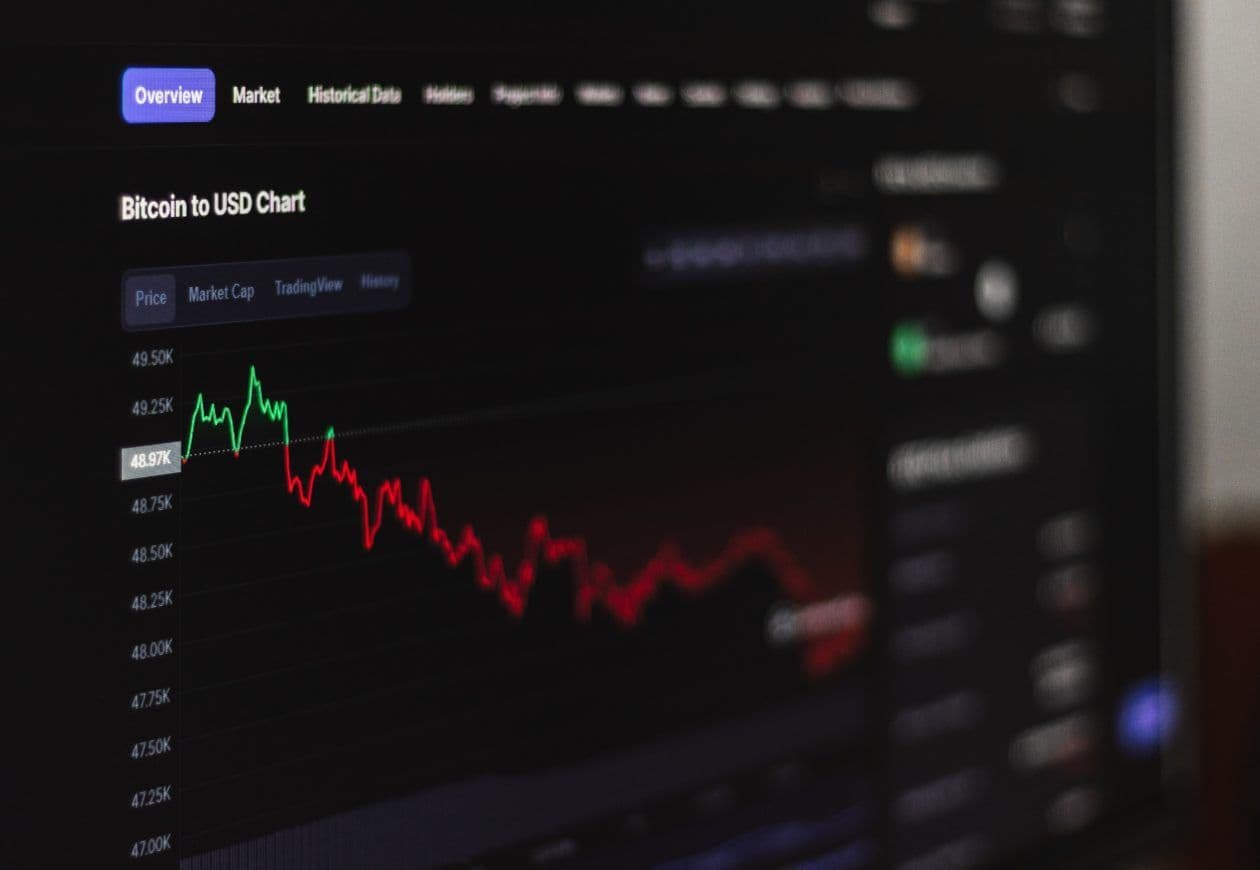What will Happen to Stablecoins during the Crypto Bullrun?
In this article, we analyze stablecoins and the crypto market while exploring the challenges posed by TUSD's lack of transparency.

In the fast-paced world of cryptocurrency, stablecoins have emerged as a crucial component, providing stability amidst volatility. However, a recent report by Kaiko, a prominent market data provider, highlights concerns regarding the transparency of TrueUSD (TUSD), underscoring potential risks within the crypto markets. In this article, we delve into the exciting interplay between stablecoins and the crypto market while exploring the challenges posed by TUSD’s lack of transparency.
Why are Stablecoins important?
Stablecoins, digital assets pegged to a stable value such as fiat currencies or commodities, have become a cornerstone of the crypto ecosystem. Their primary purpose is to mitigate the extreme price fluctuations characteristic of other cryptocurrencies, enabling users to transact and store value with confidence. As a result, they have gained immense popularity, serving as a bridge between traditional financial systems and the crypto realm.
The Crypto Market’s Dependence on Stablecoins
The Kaiko report emphasizes the substantial reliance of the crypto market on stablecoins. With a market capitalization of over $100 billion, stablecoins play a pivotal role in facilitating liquidity and minimizing volatility within the ecosystem. Their liquidity and stability make them a preferred choice for traders seeking to hedge their positions during market downturns or execute swift transactions across various exchanges.
Transparency Concerns Surrounding TUSD
While stablecoins have revolutionized the crypto landscape, concerns have emerged regarding the transparency of certain offerings. One such example is TrueUSD (TUSD), which the Kaiko report highlights as lacking the desired level of transparency. This deficit can undermine market participants’ confidence and introduce unnecessary risks to the overall stability of the crypto markets.

Navigating Stablecoins Risks
To ensure the sustained growth and stability of the crypto market, addressing the transparency issue surrounding TUSD is of utmost importance. Market participants, including regulators, exchanges, and investors, must work collaboratively to demand enhanced transparency from stablecoin issuers. Improved transparency mechanisms, such as regular audits, public disclosures of reserves, and robust regulatory oversight, can restore trust and confidence in stablecoins, bolstering the overall health of the crypto ecosystem.




























